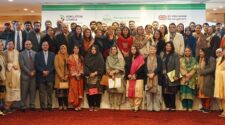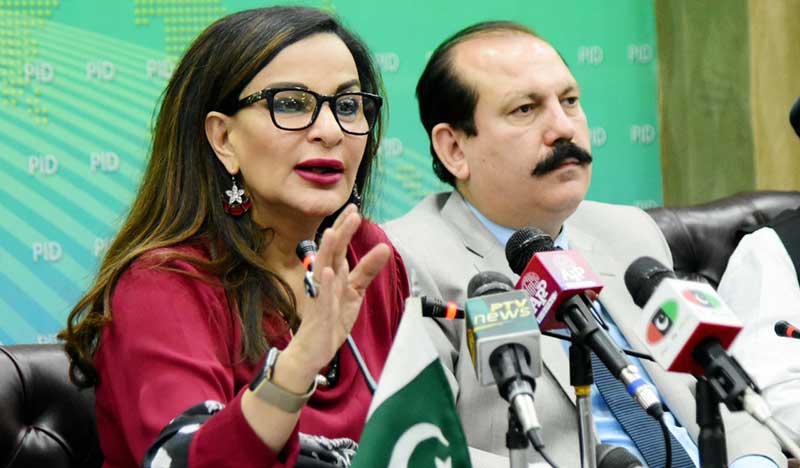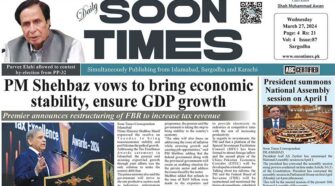Ahmed Jawad Butt
A socialist economy is a system in which the means of production are owned and controlled by the state or by the community as a whole, and the distribution of goods and services is based on the principle of social justice. In Pakistan, the need for a socialist economy has become increasingly apparent in recent years, as the country faces a range of economic and social challenges that require a more equitable and sustainable approach to development.
One of the main reasons why a socialist economy is needed in Pakistan is that the country’s current economic system is highly unequal and inefficient. Despite some progress in recent years, Pakistan remains one of the poorest and most unequal countries in the world, with a large proportion of the population living in poverty and facing significant economic and social barriers. This inequality is reflected in the country’s economic structure, which is heavily dominated by a small elite of wealthy individuals and corporations, while the majority of the population struggles to make ends meet.
To address this inequality and promote greater economic justice, a socialist economy in Pakistan would aim to redistribute wealth and power more equitably across society. This could be achieved through a range of measures, such as progressive taxation, public ownership of key industries and resources, and the implementation of social welfare programs to support those in need. By ensuring that the benefits of economic growth and development are shared more fairly across society, a socialist economy could help reduce poverty and inequality and promote greater social cohesion and stability.
Another key advantage of a socialist economy in Pakistan is that it would be more sustainable and environmentally friendly than the current system. Pakistan is facing a range of environmental challenges, including deforestation, air and water pollution, and climate change. These issues are not only damaging to the natural environment, but also have significant economic and social costs, such as reduced agricultural productivity, increased health problems, and displacement of communities.
To address these challenges, a socialist economy in Pakistan would prioritize the protection and sustainable use of natural resources, as well as the development of clean energy and other environmentally friendly technologies. This could be achieved through a range of policies and programs, such as investment in renewable energy, sustainable agriculture and forestry, and the implementation of regulations and standards to reduce pollution and waste. By promoting sustainable development and protecting the natural environment, a socialist economy could help to ensure a more prosperous and resilient future for all Pakistanis.
In addition to these economic and environmental benefits, a socialist economy in Pakistan could also help to promote greater social justice and human rights. The current monetary system in Pakistan is characterized by a range of social and economic inequalities, including discrimination against the downtrodden strata of society with an outcome of ill distribution of wealth and consequently an economically, socially, psychologically, and politically depressed nation. The Minister of Finance, Muhammad Aurangzeb, should follow the suggestions mentioned above along with his kind and honest struggles for the economy of his beloved country.
_________________The writer is a law graduate, columnist, and annalist. He can be reached at ahmedjbutt85@gmail.com.











